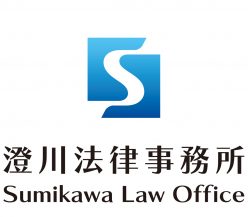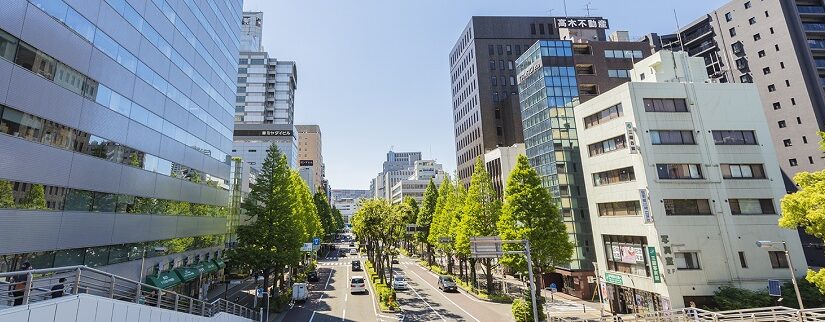With the help of many people, we sent a donation of 610,000 yen to the Lions Club in Poland on March 2, 2022 to support those who have been evacuated from Ukraine to Poland.
Donors who have contributed
Osamitsu Yamada
DDA
Katsuhiro Nakatani
Shinsuke Sasaki
NK
Yukitaka Kaneda
Mizuki Wakamatsu
Kei Sumikawa
and several other people
The reason we donated to the Polish Lions Club
Shocked by the Russian military invasion of Ukraine, I thought about what I could do urgently for the people of Ukraine. As a result, I came to the conclusion that it would be the local Lions club that could move quickly to support the victims in an emergency. (I am convinced of this because I visited Lions clubs in the affected areas after the Great East Japan Earthquake and Kumamoto Earthquake and heard many stories.)
So, I personally contacted the Lions club in Poland.
Within the day, I received a reply from the respected people, Ania Werno, District 121 Governor of the Lions Club of Poland, and Katarzyna Gebert, Past Governor. In a follow-up message from them, I learned about the situation of the displaced people from Ukraine and the various ways in which Lions in Poland are helping them.
If you are not familiar with Lions clubs, you may thinking, “Why Lions club?”
Below is the reason we sent the donation to the Lions club in Poland.
1) Lions club is a group of local leaders who are skilled at using money effectively on the ground, a characteristic that leads to rapid relief efforts in the event of a disaster. (No matter how much money is raised, it is useless if there is no one to think about how to spend it.)
2) We thought about directly supporting Lions clubs in Ukraine, the site of the conflict, but at this point, they should be having difficulty working on their own. We will have to wait until the situation is more settled before we can contact them and offer direct support.
3) In Lions clubs, all donations raised are to be used for service activities and not for operating funds. In other words, they do not deduct a percentage of the donations as expenses. The entire amount will be used to support the refugees.
For these reasons, I thought that one of the most effective ways to provide timely assistance would be to send donations to Lions clubs that are actually working on relief efforts in neighboring Poland.
Although we had to make this appeal in a very short period of time because we wanted to deliver the funds to the area as soon as possible, we received a large amount of donations from many people. We would like to express our sincere gratitude for the cooperation.
I sincerely hope that the situation in Ukraine will settle down soon, and also, I would like to express my deepest respect to the Lions clubs in Poland who are working on the ground to help.
Donation information from LION Polski (Facebook)
https://www.facebook.com/LIONSOkreg121Polska/posts/4722342541218702





